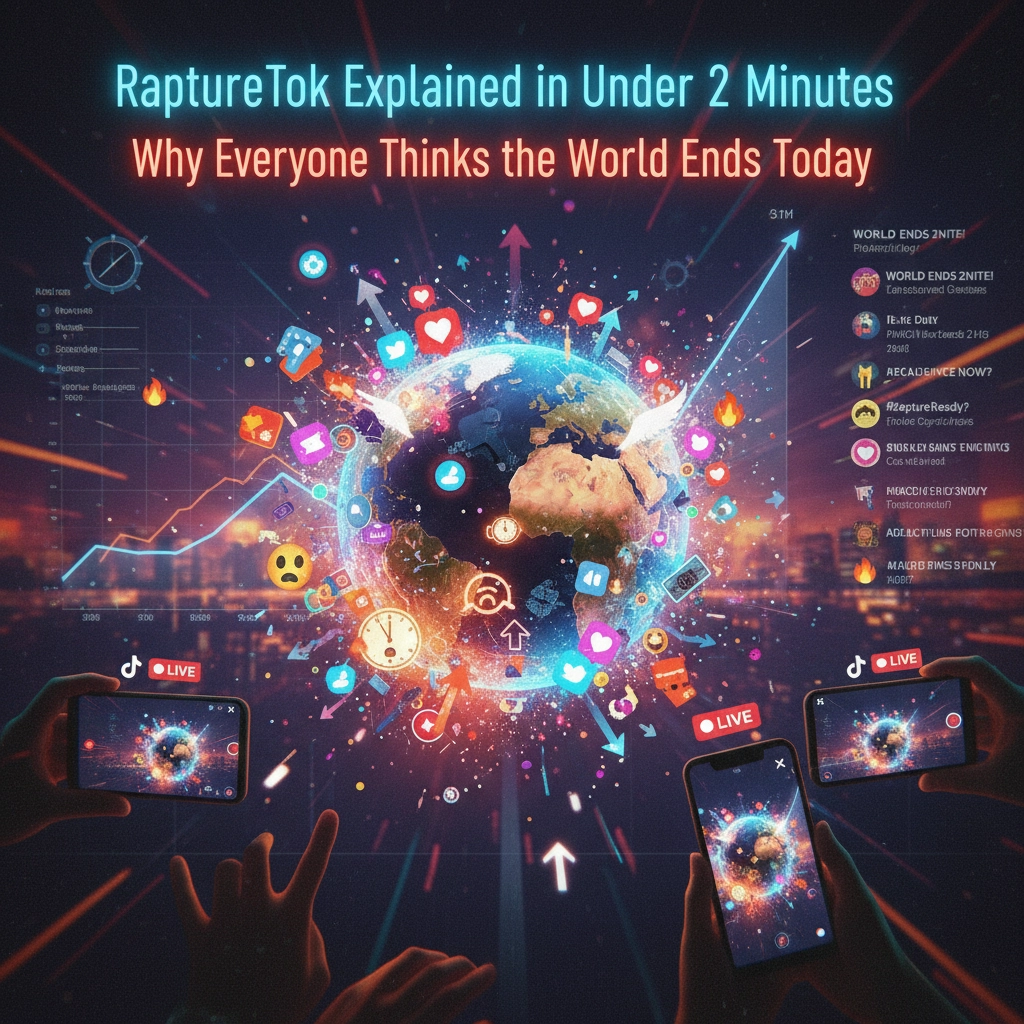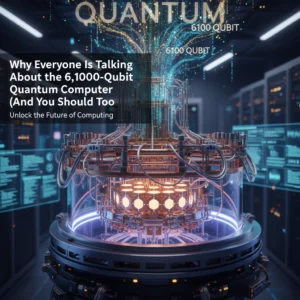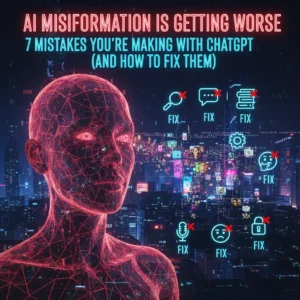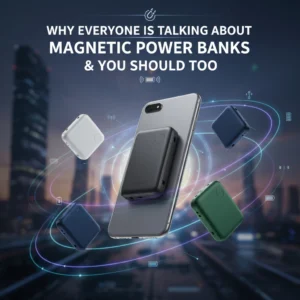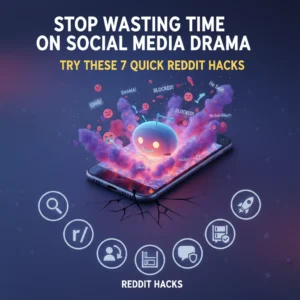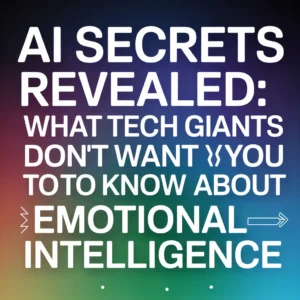Hold up – did you just wake up to find your TikTok feed flooded with people saying goodbye to their jobs, their homes, and basically their entire earthly existence? Welcome to RaptureTok, where millions of Christians believe today, September 23, 2025, marks the end of the world as we know it.
Yeah, you read that right. Today. Right now. People aren't just posting about it – they're actually selling everything they own and preparing to ascend to heaven. Let's break down this wild phenomenon that's got everyone talking (and some people panicking).
What the Heck is RaptureTok?
RaptureTok is basically what happens when biblical prophecy meets viral social media. It's the massive wave of TikTok content where Evangelical Christians are documenting their final preparations for the Rapture – that's the Christian belief that Jesus will return to Earth and take true believers up to heaven in the blink of an eye.
We're talking about over 395,000 posts and counting. The content ranges from dead-serious preparation videos to people straight-up roasting the whole thing. You've got folks filming themselves quitting their jobs, others making jokes about not having to pay back their student loans, and some genuinely terrified people stockpiling supplies "just in case."
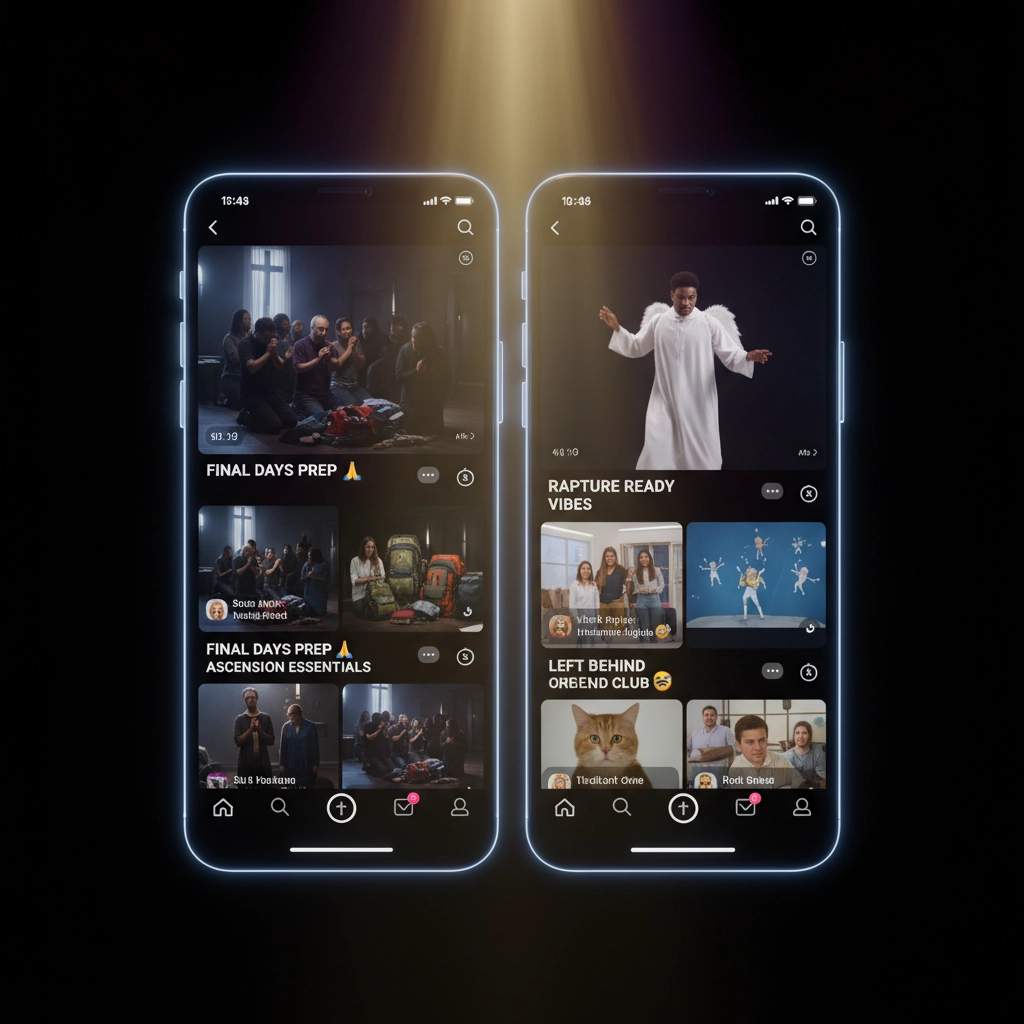
The hashtags are everywhere: #Rapture2025, #September23, #RaptureReady. It's like watching a real-time social experiment where faith, fear, and internet culture collide in the most chaotic way possible.
But here's the thing – this isn't just people messing around for views. Some are taking this so seriously they're making life-altering decisions based on a TikTok trend. Wild, right?
The Pastor Behind the Prediction
So where did this specific date come from? Meet Joshua Mhlakela, a South African pastor who posted a YouTube video claiming he received a direct vision from Jesus Christ himself. In his account, Mhlakela says he saw Jesus on his throne, declaring "I am coming soon," and specifically mentioning September 23rd and 24th, 2025.
The timing isn't random either. September 23rd coincides with Rosh Hashanah, the Jewish New Year, which some Christians believe holds special prophetic significance. Mhlakela didn't stop there – his vision apparently included details about the 2026 World Cup, claiming there won't be a tournament due to the "chaos, destruction and devastation" following this September's Rapture.
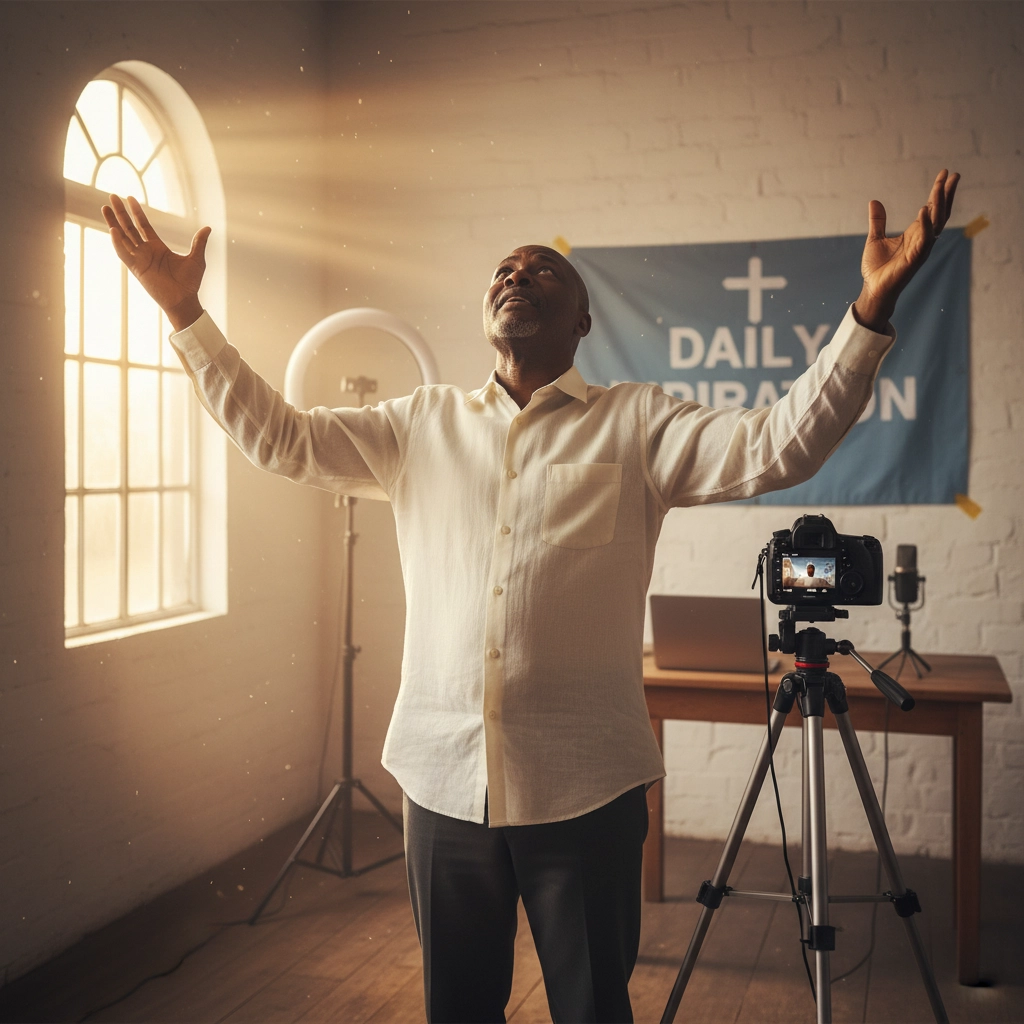
Now, Mhlakela isn't exactly a household name in Christian circles. He's not leading some mega-church or writing bestselling books. But in the age of social media, you don't need traditional authority to start a global movement. One YouTube video, amplified by TikTok's algorithm, and suddenly millions of people are planning their exit strategy from Earth.
The pastor's followers have been sharing his message across platforms, creating a ripple effect that's reached far beyond his original audience. It's a perfect example of how digital evangelism works in 2025.
People Are Actually Doing This Stuff
Here's where it gets really intense. This isn't just internet chatter – people are making major life decisions based on this prediction. We're talking about:
• Quitting jobs: Videos show people walking out of their workplaces, some getting fired for refusing to show up because they believe they'll be in heaven soon
• Selling homes and cars: Real estate listings mention "Rapture sale" in the descriptions (seriously)
• Stockpiling supplies: Just in case they're among those "left behind"
• Saying goodbye: Emotional farewell videos to family members who might not make the cut
• Maxing out credit cards: If you're about to leave Earth, why worry about debt, right?
One viral video shows a supposed KPMG employee explaining why they resigned from their corporate job. Another features a mom telling her kids this might be their last day together on Earth. The emotional intensity is real, even if you don't buy into the prediction.

I actually know someone who works in customer service, and she told me they've been getting calls from people trying to cancel long-term contracts because they won't be around to fulfill them. Insurance companies, mortgage lenders, even gym memberships – they're all dealing with this weird spike in cancellation requests citing "the Rapture" as the reason.
It's creating this bizarre economic micro-bubble where some people are liquidating everything while others are buying up the discounted assets. Capitalism meets apocalypticism in the most 2025 way possible.
The Social Media Explosion
TikTok's algorithm has turned this religious prediction into a full-blown cultural phenomenon. The app's "For You Page" has been serving up Rapture content to users who probably never searched for anything religious in their lives. That's how you get secular tiktokers making reaction videos and memes about the end times.
The content breakdown is wild:
- Believers: Serious preparation videos, prayer circles, testimonials about visions and dreams
- Skeptics: Countdown timers to "prove it won't happen," satirical preparation videos
- Fence-sitters: "What if this is real?" content exploring the possibility
- Comedians: Jokes about not having to attend awkward family dinners anymore

What makes this different from previous doomsday predictions is the real-time, interactive nature of social media. People aren't just passively hearing about it on TV or reading it in newspapers. They're actively participating, creating content, and building community around the belief.
The comment sections are fascinating anthropological studies. You've got genuine believers offering encouragement, trolls making jokes, worried family members trying to talk sense into relatives, and confused outsiders asking for explanations.
The Psychology Behind It All
Why do people latch onto these predictions so intensely? Psychologists say apocalyptic beliefs tend to spike during times of uncertainty and anxiety. And let's be real – 2025 hasn't exactly been a cakewalk. Between AI disrupting jobs, climate concerns, political tension, and general world chaos, some folks are ready for a divine exit strategy.
The Rapture offers something unique: it's not just an end, it's an escape with a guaranteed happy ending (if you're chosen). Unlike other doomsday scenarios where everyone suffers, this one promises believers will skip the bad parts and go straight to eternal paradise.
Plus, there's the community aspect. RaptureTok has created this massive support network where people reinforce each other's beliefs. When you're surrounded by thousands of others sharing the same conviction, it starts feeling less crazy and more legitimate.

Social media algorithms don't help either. Once you engage with Rapture content, the platforms keep feeding you more of it, creating an echo chamber that amplifies the belief. It's like digital confirmation bias on steroids.
What Happens When Nothing Happens?
Here's the million-dollar question everyone's avoiding: what if September 23rd comes and goes like any other Tuesday? History is littered with failed doomsday predictions, and they all have one thing in common – life keeps going afterward.
Some believers will probably find ways to reinterpret the prophecy. Maybe the date was symbolic, or perhaps they misunderstood the timeline. Others might lose faith entirely, feeling betrayed by the prediction that upended their lives. And a few will just move on to the next prophetic date someone posts about.
The real tragedy isn't the failed prediction – it's the people who made irreversible life decisions based on it. You can't easily get back that job you quit, or buy back the house you sold at a discount. The social and economic fallout from RaptureTok might outlast the trend itself.
But maybe that's not the point. Maybe for some people, the belief itself provided comfort during a difficult time, or gave them the push they needed to make changes they wanted anyway. Who are we to judge how people find meaning and hope?
As I'm writing this on September 23rd, 2025, the world is still spinning, people are still going to work, and TikTok servers are still humming along. But millions of people spent today believing something extraordinary was about to happen.
So what do you think – is RaptureTok a harmless expression of faith, a dangerous delusion, or just the latest example of how social media amplifies human beliefs to their most extreme conclusions?

